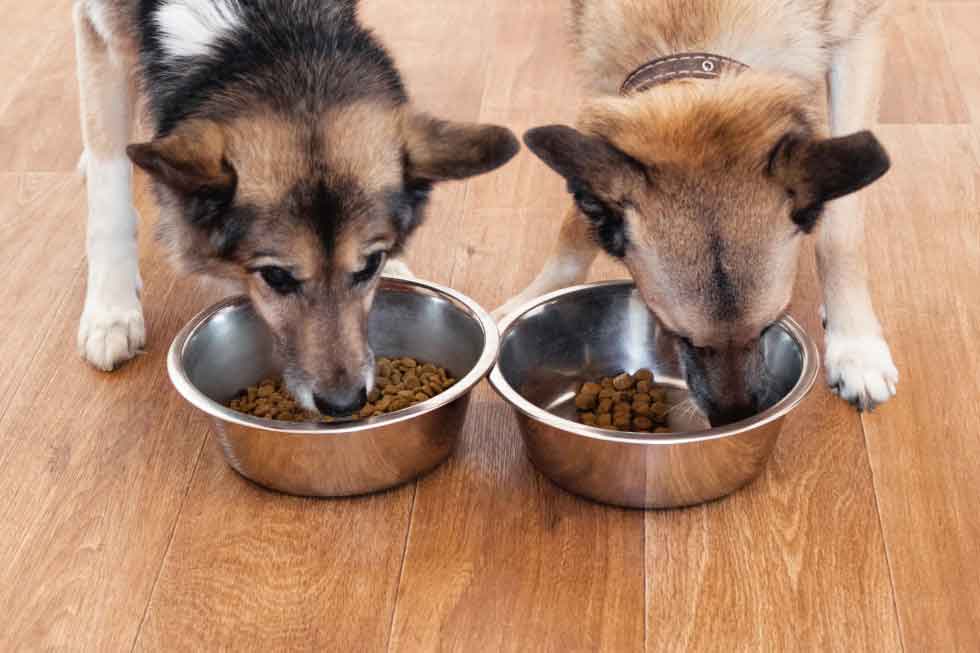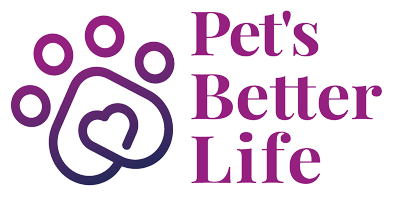
A balanced diet for dogs is necessary to ensure the proper supply of all the nutrients and ingredients that are required for the good health of your dog. Though it is true that meat holds a significant share when it comes to dog food, still there are lots of food items that dogs can eat to gain a boost in their intake of nutritions.
Dogs need a healthy and balanced diet and the proper quantity according to their size. Most people simply buy commercial or prepared dog food, but you could also prepare your own if you want.
Anyway, as a part of being a dog owner, you should know some basic things about all the available food options out there for your dog. Then, it would be easier to choose the best among them.
A good diet should provide all of the nutrients that a dog needs and must contain these basic but necessary elements:
Proteins: Also known as the “building blocks” of cells, proteins help to build muscles and repair the body. Fresh lean meat, eggs, and dairy products are some good available sources of proteins.
Fats: Fats are in general high in energy content and make food tastier. fats also contain essential fatty acids, which can help to maintain cell walls and also aid growth and wound healing in your dog. Fats are the source of vitamins A, D, E, and K, and are found in meat, oily fish, and in edible oils such as linseed oil and sunflower oil.
Fiber: Fiber is often found in potatoes, vegetables, and rice. The fun part about fiber is, Fiber helps to bulk up food and slow your dog’s digestion, allowing more time to absorb nutrients and making it easier for your dog to eliminate.
Vitamins and Minerals: These essential elements help to maintain your dog’s body structures such as bones, skin, and blood cells, and generally support the chemical reactions that turn food into energy or enable vital body functions such as blood clotting.
Water: Last but not least, water is essential for your dog’s life. Make sure your dog has enough supply of freshwater. You may refill the food bowl of your dog with fresh water two or three times a day.
In general, These foods can be of three types: moist, semi-moist, or dry. Dry foods can help keep teeth and gums healthy, but you must ensure that the dog you’re choosing has wholesome core ingredients. You must provide plenty of water too, since dogs who are fed dried food drink more. Moist foods generally contain a lot of moisture content along with higher fat and protein components as well.
Some major advantages of commercial foods include: a wide choice of various available brands; foods made for specific groups or breeds such as puppies, seniors, and pregnant or lactating females; clearly described nutritional values; and ease of use. However, these foods can sometimes contain elements or ingredients such as some preservatives and flavorings that could disagree with your dog and even harm your dog if fed improperly. Check the labels on these items carefully if you are unsure of the ingredients, and look at the websites of pet food standards organizations for guidance.
Instead of feeding your dog a commercial or packaged diet, you can also prepare a homemade, natural diet in the form of raw meat. You will also need to add some cooked vegetables and starchy foods such as rice to provide fiber and consult with your vet if you are thinking to add a vitamin and mineral supplement.
Natural diet is somehow closer to how a dog might eat in the wild, and as you are in control, you always know there are no preservatives or other hidden extras in your prepared food. However, natural foods need to be carefully balanced and it can be difficult to ensure consistent nutritional quality or to adapt the diet to different energy and nutrient needs of dogs. The preparation of fresh food on a daily basis can also take a lot of time.
Some dog owners sometimes give extra tasty foods when training or sometimes simply as a treat. Some treats can be high in fat or sugar, so if you give them to your pet on a regular basis, make sure to reduce his main meals to prevent the chance of overeating. You can buy treats at pet shops or make some treats at home. Dogs generally prefer smelly and soft treats that have more meat in them, so you may try giving your dog treats with foods such as cheese and chicken or sausage in them.
Chews, on the other hand, help keep your dog a bit busy, preventing him from chewing other household items such as shoes and furniture, or biting your hands. Chews are particularly good for puppies during teething. They can also play an important role in keeping your dog’s teeth clean and help keep his jaws in good condition.

Pet's Better Life is part of Pristine Media, the media division of Pristine Group LLC.
Copyright 2019-2023 Pristine Group LLC. All images and media used in this website are provided by Adobe Stock. Every image is properly licensed for use on this website.